
Home
Publications
Publications
Showing 0 to 0 of 0 results
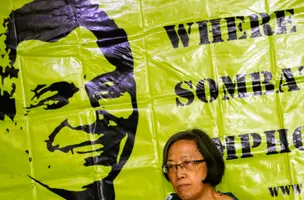
Statements
2021-12-15T06:23:50
Laos: Nine years on, civil society worldwide still demands answers on Sombath’s enforced disappearance
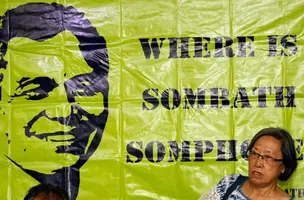
Statements
2021-01-13T03:13:19
Laos: After eight years, civil society worldwide demands the government establish and reveal Sombath’s fate and whereabouts
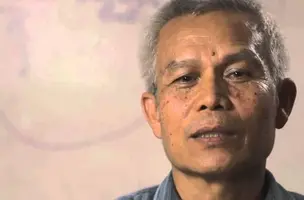
Statements
2019-12-24T08:10:42
Laos, Thailand: investigate enforced disappearances, reveal fate of Sombath Somphone and Od Sayavong
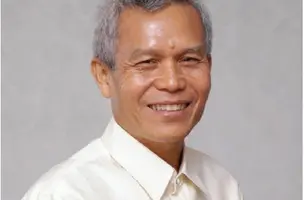
Statements
2018-12-12T07:40:04
Laos: Six Years On, Civil Society Worldwide Demands Answers to the Enforced Disappearance of Sombath Somphone
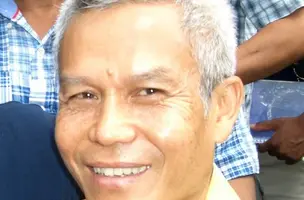
Statements
2017-12-15T07:33:55
Laos: Five years on, 122 organizations worldwide demand to know: “Where is Sombath?”
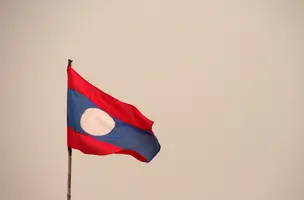
Statements
2017-07-12T07:32:24
ASEAN MPs urge Australia to push for human rights improvements in Laos

Statements
2016-08-31T07:29:37
Tackle Human Rights Abuses in Laos

Statements
2015-02-07T07:26:38
Rights groups urge ASEAN to break silence on enforced disappearance of Sombath Somphone
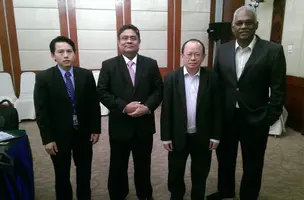
Statements
2014-09-12T07:26:38
Lao government’s deceptive game on Sombath investigation must end
TOP
ASEAN Parliamentarians for Human Rights (APHR) was founded in June 2013 with the objective of promoting democracy and human rights across Southeast Asia. Our founding members include many of the region's most progressive Members of Parliament (MPs), with a proven track record of human rights advocacy work.
Copyright © 2024-2025 All Rights Reserved - ASEAN Parliamentarians for Human Rights (APHR)
Website by Bordermedia